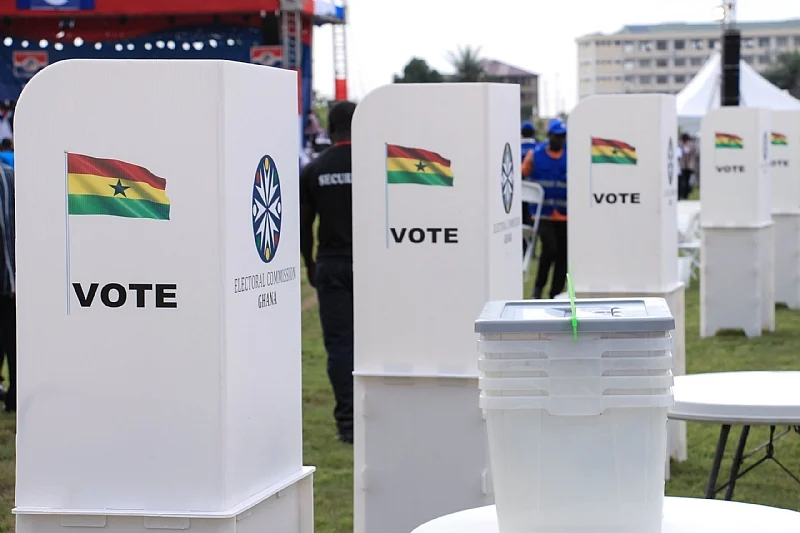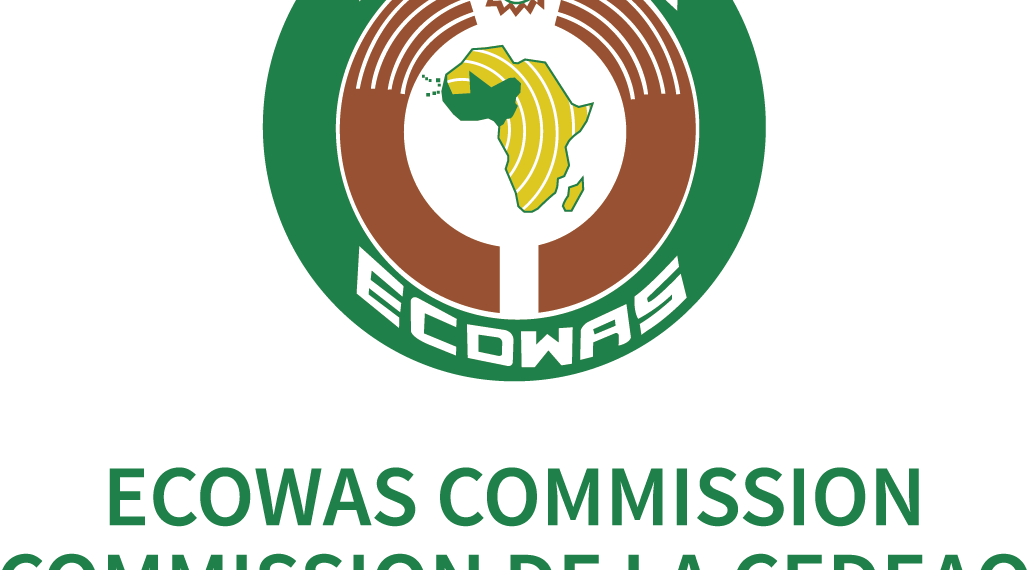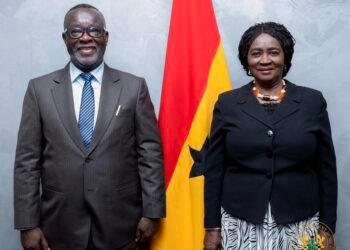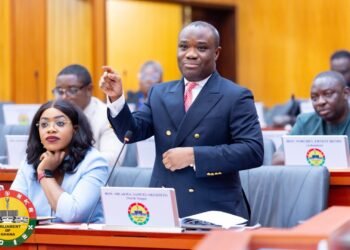The Economic Community of West African States (ECOWAS) Commission has clarified that its recent Pre-Election Fact-Finding Mission to Ghana did not forecast or anticipate violence during the country’s 2024 elections.
This clarification followed an article by The Herald Newspaper on August 21, 2024, which alleged that it had acquired a purported draft statement from the ECOWAS Mission, supposedly forecasting violence in Ghana’s electoral process.
“The attention of the Commission of the Economic Community of West African States (ECOWAS) has been drawn to a sensational article by The Herald tabloid of 21 August 2024 purported to capture a draft statement’ on the findings of its recent Pre-Election Fact-Finding Mission to Ghana under the crudely misleading banner ECOWAS Mission predicts violence at Ghana’s 2024 polls. The Commission categorically denounces the tabloid’s dishonest reportage”.
The Economic Community of West African States (ECOWAS) Commission
In the statement, the Commission pointed out that ECOWAS pre-electoral Missions do not typically release statements on their findings, essentially correcting The Herald’s misconception.
The Commission further emphasized that reports from its pre-electoral Missions are confidential documents, not intended for public disclosure.
These reports, the Commission asserted, are solely meant for the President of the Commission, to inform their engagements with the relevant authorities in Member States.
The ECOWAS Commission noted that, in this instance, the preliminary report is still in the process of being vetted and refined through its quality control procedures.
The Commission also stressed that at no point – before, during, or after the Fact-Finding Mission – did ECOWAS predict violence in the electoral process.
The Commission pointed out that The Herald’s actions are unacceptable, as the newspaper has misrepresented the standard operating procedures of ECOWAS fact-finding missions and distorted publicly known issues in Ghana.
Furthermore, the Commission indicated that The Herald has tried to attribute its own partisan conclusions to ECOWAS, which the Commission finds preposterous.
ECOWAS Commission Lauds Ghana’s Democratic Excellence
Furthermore, the ECOWAS Commission emphatically stated that it has a deep respect for Ghana, which it regards as a shining example of a maturing democracy and tolerance on the continent.
According to the Commission, Ghana is regularly cited by ECOWAS as a benchmark for democratic excellence and a shining example for other countries in the region to emulate.

“The Commission, therefore, condemns any attempts by sections of the media to misuse the name of ECOWAS in their vain attempts to sow discord among the over 32 million peace-loving people of Ghana through manipulation, partisan positions, and veiled incitement to intolerance and violence. Ghana deserves better”.
The Economic Community of West African States (ECOWAS) Commission
The ECOWAS Commission reaffirmed its confidence in the strength and resilience of Ghana’s democratic institutions.
The Commission declared its commitment to supporting the Government and people of Ghana in ensuring the upcoming December 2024 elections are transparent, inclusive, and peaceful.
Meanwhile, the Media Foundation for West Africa (MFWA) stressed that authorities must heed the concerns of political parties and resolve them before entering into a peace agreement ahead of the election.
According to MFWA Executive Director Sulemana Braimah, while peace is a crucial foundation for good governance, it should not be prioritized over the need to address genuine concerns.
“Well, I think first of all peace is the number one thing that as a country we should yearn for. I think that no government can govern effectively if there is no peace. To be able to govern effectively, the country must be peaceful. And so peace for me is a fundamental prerequisite. And all political parties that are endeavoring to lead this country must commit”.
Sulemana Braimah
He noted that if the NDC has identified several concerns that need attention, it is crucial for stakeholders to examine and address them.
Braimah cautioned that the desire for peace should not lead the public to overlook injustices, stating that simply signing a peace pact does not justify tolerating wrongdoing.























